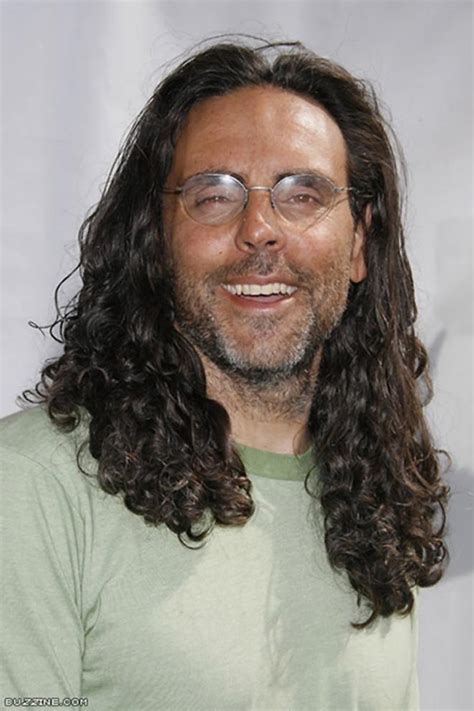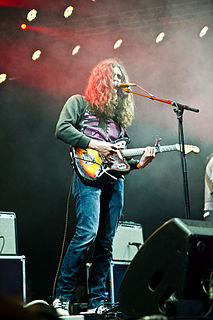A Quote by Laura Michelle Kelly
I've always used humor, but I use humor when coping with things in general.
Related Quotes
I always try to be ironistic in everything I do. I love people who understand humor and who live through humor. So, of course, I was not too serious covering such things as Motörhead or "Black Magic Woman" by Santana. But I was serious enough about Led Zeppelin and the Celtic song "Wild Mountain Thyme." In my life, serious and humor are always together.
Humor is really one of the hardest things to define, very hard. And it's very ambiguous. You have it or you don't. You can't attain it. There are terrible forms of professional humor, the humorists' humor. That can be awful. It depresses me because it is artificial. You can't always be humorous, but a professional humorist must. That is a sad phenomenon.
I tell the truth and I don't try to sugarcoat things. But I also decided that if you don't use humor or satire, then it's just too dark all the time. And one of my favorite literary works is A Modest Proposal by Jonathan Swift. As you know, that was an enormously famous satire piece that was able to point out, you know, things to people in a different way. And I do believe that satire and humor can reveal truth in a way that sometimes doesn't get revealed through other means. And so I decided to, every now and then, use satire and humor as well.
Somebody who opposes Trump is wound so tight, they're not funny people anyway, that they don't get his humor. They really believe when he tells these jokes that that's dead serious stuff. There's not enough laughter on the left. Even their comedians are angry. Their comedians, the humor they shoot for is all personal put-down kind of humor where it used to not be that way. But Trump's humor, even the stuff that's not subtle, they miss, they take it literally and are frightened to death by it. It's incredible.




































